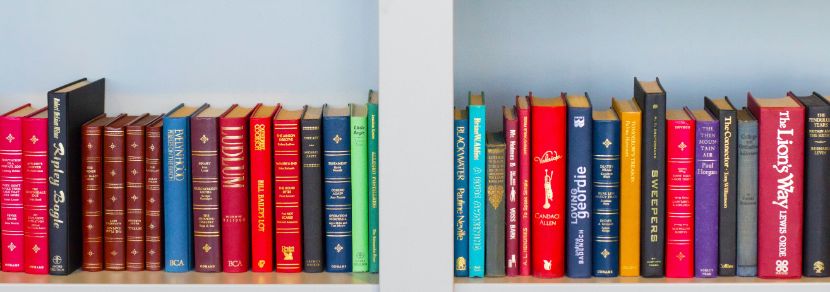
International Literacy Day is a celebration created to highlight the importance of literacy globally, and the impact it can have on society going forwards. According to UNESCO, at least 773 million young people and adults lack basic literacy skills today.*
This year’s International Literacy Day will explore how literacy can help in the recovery from the global pandemic, with a focus on technology-enabled literacy learning. How can we make sure no one is left behind? It will be an opportunity to reimagine future literacy teaching and learning.
“Literacy empowers individuals and improves their lives by expanding their capabilities to choose a kind of life they can value.” - UNESCO website
International Literacy Day really resonates with our vision at ReadingWise and the reason we exist. As a company our mission is “to tackle literacy problems before they have a chance to blight children’s lives. Our aim is to help struggling readers in the UK and beyond, making sure no one is left behind.”
Therefore, for us it’s a day to reflect on some of the children we’ve worked with, the improvements they’ve seen in their reading and how ReadingWise is making a difference in their lives.
We regularly keep in touch with the schools using ReadingWise, providing support where it’s needed most - be it training, advice etc. Equally, schools share positive feedback with us. Whenever schools contact us with anecdotes and stats about how a particular child has benefited from using our programmes, it’s an amazing reminder of what we at ReadingWise are striving to achieve.
The results permeated across all of his school work
One primary school in South Ayrshire told us about a child who hadn’t engaged with previous interventions, both book based and online, to help with his decoding skills. They introduced our Decoding programme to this particular child - he loved using a computer, seeing the little video clips we use as rewards, and getting immediate feedback on how he was doing. It was really helpful that he could see progress and check his accuracy score as he went through the programme.
Not only did this child see a significant improvement in his reading age, 12 months, in a short period of time, but the results fed back into classwork. He was more confident in reading and therefore more willing to read and engage with literacy. The results permeated across all of his school work.
A springboard for secondary school
A group of reluctant readers at another South Ayrshire primary school worked through our Comprehension intervention. They saw the childrens’ confidence and engagement with the text grow as they progressed through the programme. They developed a willingness to discuss and pull apart a text. Some of the children saw an increase in up to 24 months in their comprehension reading age. This was a really positive springboard for them going into secondary school.
Knock-on effect into maths
A Bristol primary school told us of a pupil who came across a word he was not sure about in a maths question. He described remembering and using ReadingWise’s visualisation techniques to retrieve the word, and he was able to unlock the question successfully.
Increase in confidence
And finally, Headteacher told us of a child in Year 5 who would never normally read aloud in class. Further to introducing our Decoding programme, the child became increasingly confident over a matter of weeks. One day the Headteacher was observing a class where the teacher asked for a volunteer to read out loud. The child volunteered straight away, read the text out loud, and successfully decoded the word ‘scientific’ on sight. The Head was amazed as the child was usually a reluctant reader, who could now decode complex four syllable words thanks to the approaches learned using ReadingWise.
The future of learning
These stories spur us on in what we do at ReadingWise. We all share the same conviction - that learning to read is a child’s fundamental right. And it’s a right that should not be denied to children who, through no fault of their own, struggle to learn with traditional classroom methods.
We’re only too aware of the devastating effects poor literacy skills can have, both on individuals and society.
A child for whom reading does not ‘just click’ may come to feel that school is a place where they cannot succeed - a feeling of disaffection that can go on to blight entire lives.
With this as our motivation, we created the ReadingWise programme - an innovative solution to one of society’s most pressing problems.
We want to make a difference to the lives of children who found themselves in the bottom 20% of attainment.
How do you reimagine the future of learning?
*International Literacy Day celebrations at UNESCO
=============================
Main photo by Nick Fewings on Unsplash









